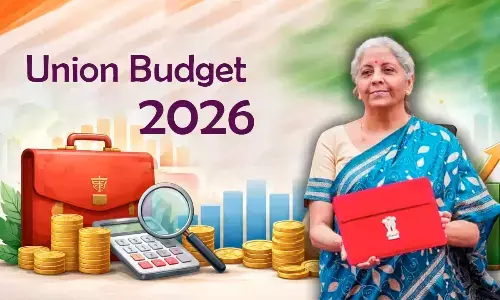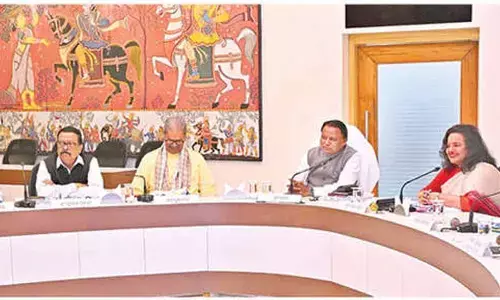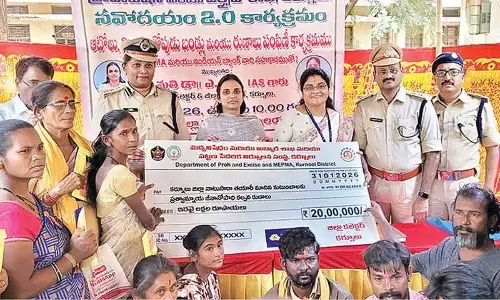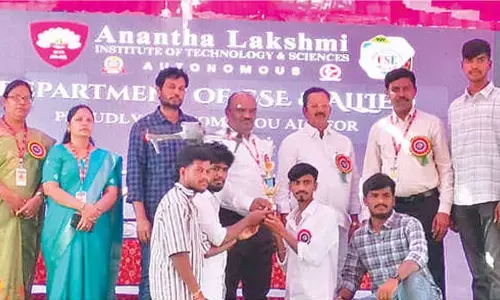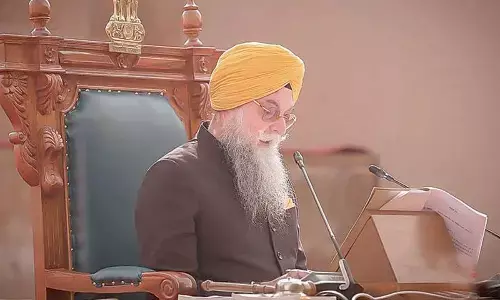Redefine the debate
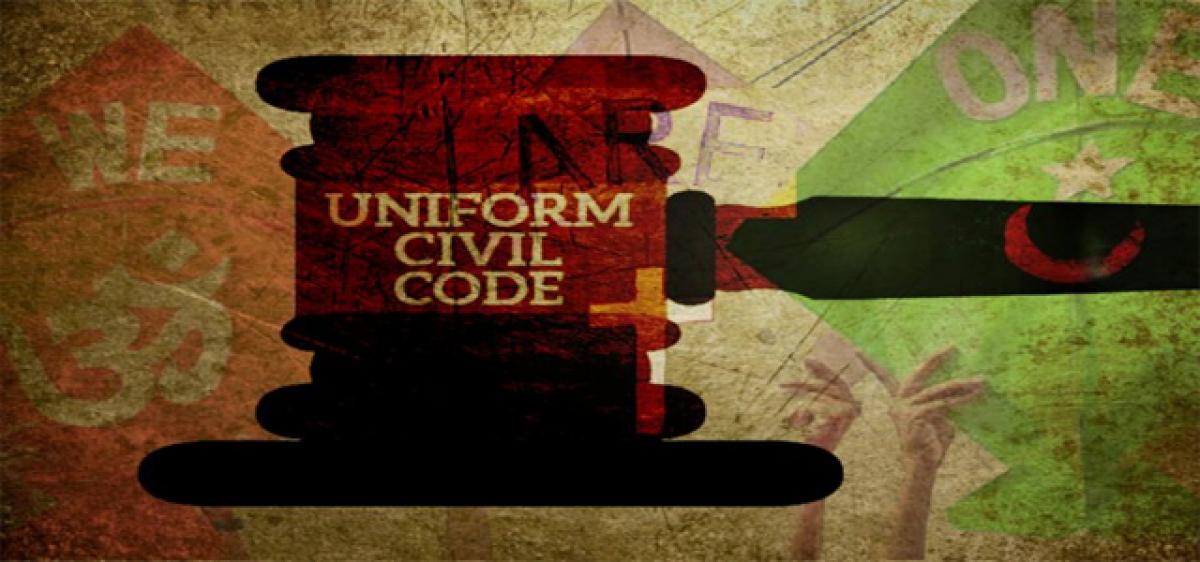
The debate on the vexed question of Uniform Civil Code is often taking religious and partisan turn. But, the need of the hour is to see it from the perspective of equal rights for women and gender subjugation under religion-inspired patriarchy.
The debate on the vexed question of Uniform Civil Code is often taking religious and partisan turn. But, the need of the hour is to see it from the perspective of equal rights for women and gender subjugation under religion-inspired patriarchy.
As early as in 1985, the Supreme Court in Shah Bano Begum and others case urged the central government to enact a common civil code in the interests of national integration. The apex court in Sarla Mudgal, President, Kalyani & ORS vs. Union of India & ORS described the Uniform Civil Code as a decisive step towards national consolidation.
As the government inspired by ‘Hindu nationalism’ moots the idea of such a law, it is raising concerns in a section of a religious community that the uniform law is intended to obliterate its religious practices.
Therefore, it is very much essential to redefine the context and contours of the debate to reassure that such a uniform law is an imperative in the interests of gender justice rather than a mere artificial uniformity among the personal laws.
"The State shall endeavour to secure for the citizens a uniform civil code throughout the territory of India" is an unequivocal mandate under Article 44 of the Constitution of India which seeks to introduce a uniform personal law.
Justice Sahai’s concurring opinion in Sarla Mudgal case and the verdict in Pannalal Bansilal Pitti and others versus State of Andhra Pradesh and another, 1996, the judiciary felt that while a uniform law may be desirable, it cannot be imposed in one go and consensus needed to be built.
Any attempt to view the debate from a partisan approach makes such a consensus difficult to ensure. The immediate task of both the government and the courts should be to bring in suitable gender-just amendments to various personal laws like marriage, divorce, adoption, guardianship etc., rather than remain struck on the Uniform Civil Code and raise socio-political passions. Such changes should be across all religions.
Even the Constitution of India does not explicitly define what Uniform Civil Code is, but it only exhorts government for such an enactment. This lack of clarity adds to the difficulties in achieving a consensus.
Even if a Uniform Civil Code is enacted, several constitutional provisions do not allow its implementation in entire India, especially in Northeastern states. It’s, therefore, not a Hindu-Muslim divide. It‘s a tangle between the need for gender equality and preserving religious or ethnic diversity.
Even Hindu Code is not fully uniform as it appreciates diversity in customs, ceremonies and local practices despite a greater degree of uniformity. However, the triple talaq is arbitrary and unilateral. It should go. Any defence of such practices is not religious but patriarchal. Many such religious practices should be subjected to scrutiny, based on the principle of equality between men and women.
No religion can undermine the dignity of women and contravene human rights. Modern democratic and secular State cannot allow any such injustice even in the name of religious freedom. Don’t confuse uniformity with equality. What is essential is equality and justice.








